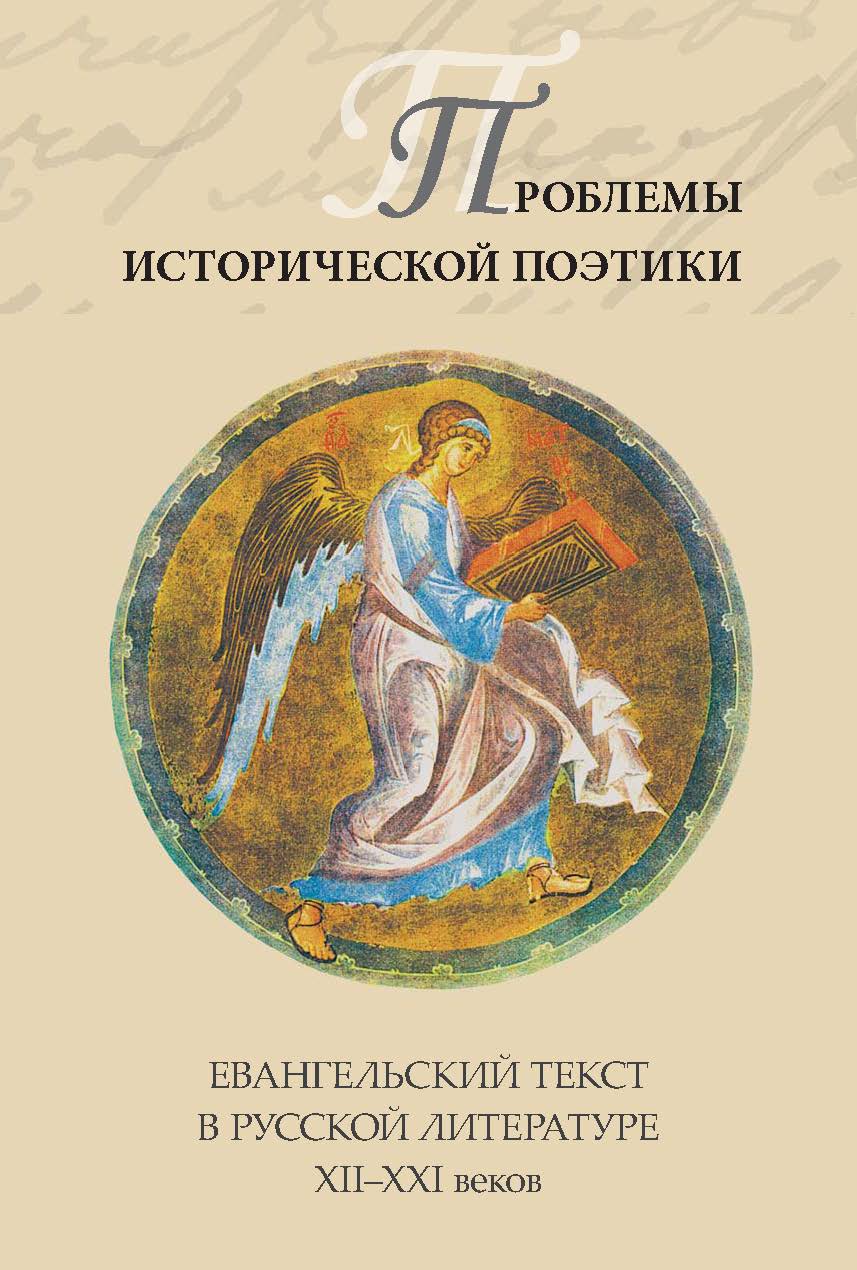КОНЦЕПТ «ИСТИНА» В РОМАНЕ М. А. БУЛГАКОВА «МАСТЕР И МАРГАРИТА»
CONCEPT OF “TRUTH” IN THE NOVEL OF MIKHAIL BULGAKOV’S MASTER AND MARGARITA
Author(s): Anastasiya KorneenkoSubject(s): Literary Texts, Studies of Literature, Philology
Published by: Петрозаводский государственный университет
Keywords: concept; the truth; Bulgakov’s novel Master and Margarita; Gospel
Summary/Abstract: The subject of our study was the concept of “truth” in Bulgakov's novel Master and Margarita. S. Stepanov gave the definition of a concept. The concept is like a clot of culture in human consciousness; that is the manner in which culture becomes a part of the mental world of a man. And, on the other hand, the concept is a way for a man as an ordinary, normal person, not a “creator of cultural values” to be included in the culture, and in some cases, to affects it. In the analysis of the concept of “truth” we start from its cultural-and-etymological understanding of the word “truth”. The aim of the study was to conduct a comparative analysis of the three editions of the novel and to find out what semantic meanings Bulgakov deals with in a particular case and how it affects the transformation of the idea of the novel from edition to edition. Three editions of the novel were the material for the research: the first is “Engineer Hoof” (1930–1932), the second is Grand Chancellor (1932–1934) and the final version of “The Master and Margarita”. In these three editions Yeshua involves everyone who he is talking to in the dialogue. In the editions Engineer Hoof and Grand Chancellor M. A. Bulgakov uses the concept of “truth” in scientific-philosophical and sacred meanings (plans). In the final text Yeshua appears as a philosopher who is in search of the truth.
Journal: Проблемы исторической поэтики
- Issue Year: 12/2014
- Issue No: 1
- Page Range: 481-489
- Page Count: 8
- Language: English, Russian

